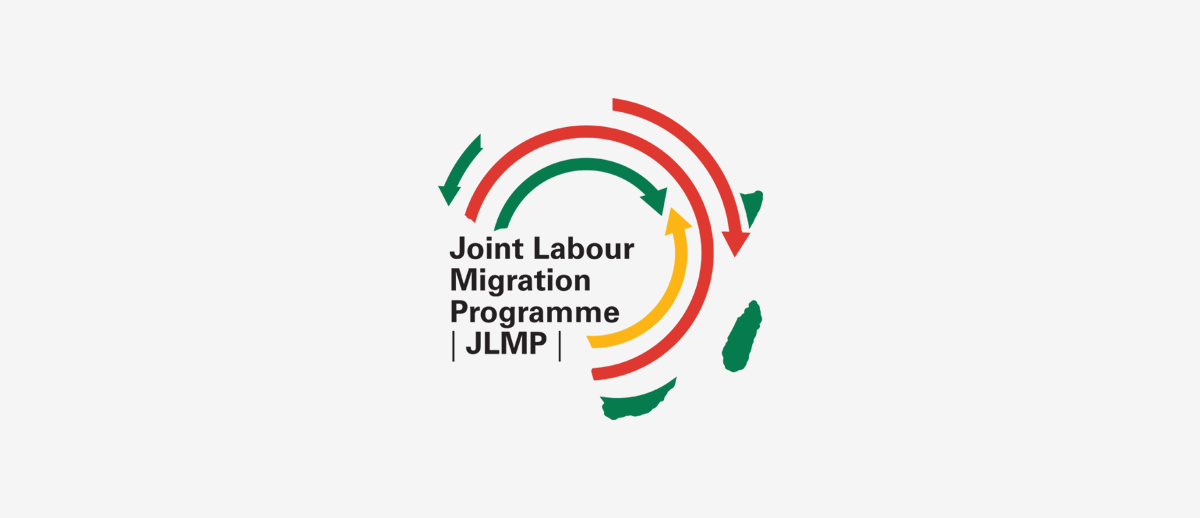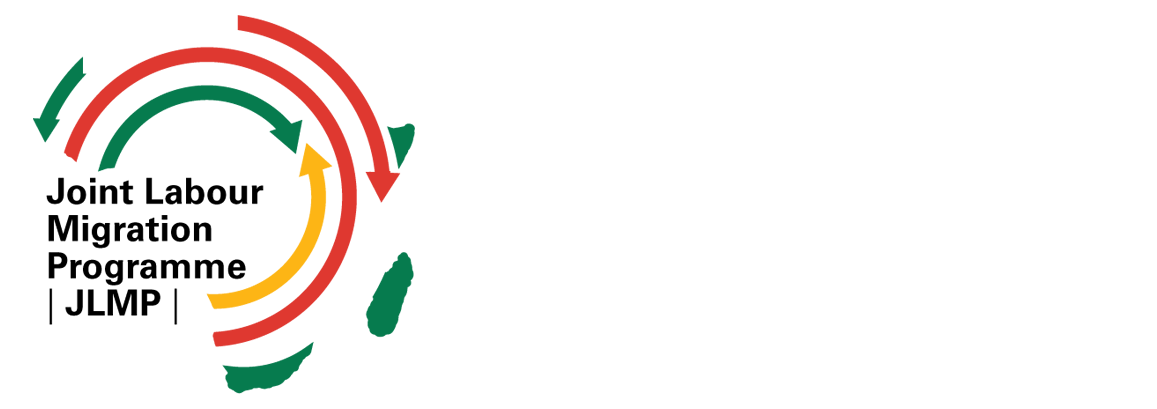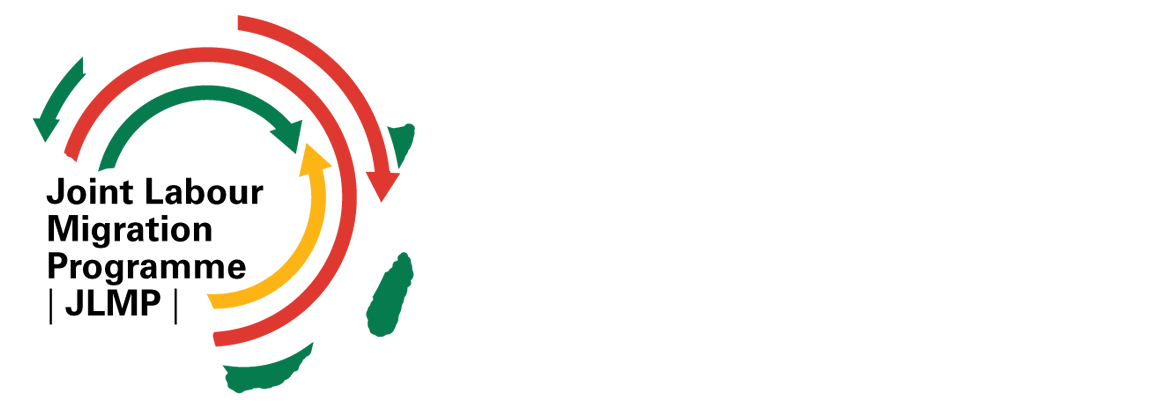About the Joint Labour Migration Programe (JLMP)

The AU-ILO-IOM-ECA Joint Programme on Labour Migration Governance for Development and Integration (better known as the Joint Labour Migration Programme, or JLMP) in Africa is a long-term joint undertaking among the four organizations in coordination with other relevant partners operating in Africa, development cooperation actors, private sector organizations and civil society representatives.
It is the instrument dedicated to the implementation of the 5th Key Priority Area of the Declaration and Plan of Action on Employment, Poverty Eradication and Inclusive Development which was adopted by the Assembly of Heads of States and Governments (AU/Assembly/AU/20(XXIV)/Annex 3, January 2015) in Addis Ababa, Ethiopia. Its strategy focuses on intra-African labour migration and supports achievements of the First 2023 Ten Year Plan of the African Union (AU) Agenda 2063 and of the Sustainable Development Goals (SDGs) recently adopted by the UN.
In addition, the JLMP is a critical instrument of implementing the Migration Policy Framework for Africa (MPFA) and Plan of Action (2018-2030) adopted by the AU Executive Council on 25-26 January 2018 in Addis Ababa.
Priority
In order to have a significant and realistic take-off of the Programme, a Three-Year Project (JLMP Priority), funded by the Swedish International Development Cooperation Agency (SIDA), was developed and launched in 2018 with the overall objective of improving the governance of labour migration to achieve safer, orderly and regular migration in Africa as committed in relevant frameworks of the African Union (AU) and Regional Economic Commissions (RECs), as well as international labour conventions and other cooperation processes.
Implementation Actions
The JLMP priority foresees a series of coordinated and simultaneous interventions implemented across two main thematic domains: governance and operational implementation. The governance domain addresses the critical need to develop in concert the four cardinal pillars of labour migration governance:
1) laws and regulative frameworks based on international labour standards,
2) viable and comprehensive policies developed in coherence across various sectors such as overall development, migration, employment and education,
3) strengthening core institutions responsible for labour migration governance such as relevant government Ministries (e.g. Ministries of migration, of labour, education, of justice, foreign affairs etc.), and
4) engaging stakeholders in a whole of society approach, including social or “World of Work” actors (Ministries of labour, and employers and workers’ organizations); migration organizations and associations, cooperation among the main employment and labour market institutions, diaspora associations, academia, media etc. In addition, coherent actions should be pursued at all levels of governance - the national, regional and international levels.







